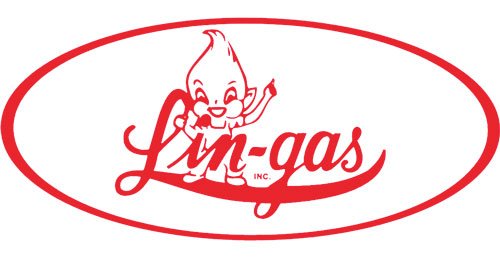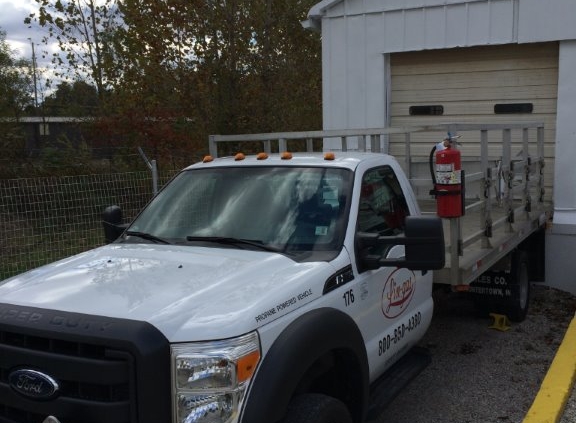Common Questions About Heating With Propane
Aren’t propane and natural gas the same thing?
No. Natural gas, as its name implies, is a naturally-occurring gas that is used as a fuel source. Propane is a component of this gas, along with butane, ethane, and methane, the latter of which composes the largest percentage of natural gas. Propane, by comparison, is a byproduct of both natural gas and petroleum processing.
Why does propane smell?
Propane does not have an odor, so manufacturers add a substance called Ethyl Mercaptan to give it its distinct odor. This is the same additive used in natural gas, and it has been compared to a rotten egg odor. The presence of this odor serves to alert you in case of a leak.
What kinds of furnaces use propane?
There are three types of furnaces that use propane:
- Central/forced air furnaces, which heat the air in a home via a system of ducts and vents through which warmed air is forced by the use of a fan
- Combination furnaces, which use water heaters as the primary heat source, circulating air that is warmed by the water heater and then absorbed by an air handling system
- Wall furnaces, which are usually used in small structures such as mobile homes or outbuildings because they do not require ducts in order to warm the space
Can you convert a natural gas furnace to run on propane?
Yes. Converting from natural gas to propane as a fuel source is a matter of a conversion kit that compensates for the differing pressure needed to properly operate the unit. However, not every natural gas furnace can be converted to propane; please contact your propane supplier to find out if yours can be converted.
How efficient should my furnace be?
The minimum standard for furnace efficiency as set by the federal government is 80%. A high-efficiency propane furnace is rated between 90% and 98%.
What other appliances can use propane?
There are a number of other appliances that use propane, including water heaters, stoves, and clothes dryers. Most any appliance sold as a natural gas appliance can be converted; however, you will want to consult your propane supplier to make sure the appliance in question meets propane industry standards.
Do propane tanks explode?
Short answer: no. Propane tanks are manufactured and tested within very specific industry standards. Tanks do not rupture on their own, nor do they explode when exposed to extremely hot weather. While movie-makers would like for you to believe that a propane tank will explode easily if struck by a car or shot with a bullet, the fact is, there are numerous safety mechanisms in place to help prevent explosions. It might look realistic on the big screen, but causing a propane tank to explode would take considerable time and effort.
Propane is a safe, clean-burning, environmentally friendly and easily portable fuel source. Of the more than 14 million homes in the U.S. that use propane, more than 6.8 million use propane for heating. Propane suppliers across the country utilize a vast network to deliver propane from manufacturing facilities to their customers. If you’d like to explore propane as a fuel source for your home, contact us.







